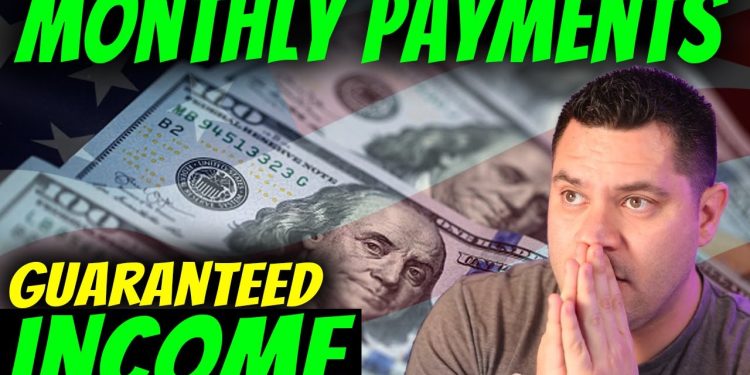Guaranteed basic income (GBI) programs are gaining momentum in several U.S. states, aiming to provide financial stability without traditional welfare requirements. In California, the ‘Breathe’ program in Los Angeles offers $1,000 monthly for three years to over 1,000 low-income residents. Other cities like Long Beach, Mountain View, and Sonoma County provide $500 every 12-24 months to eligible individuals. Colorado’s Denver initiative divides 800 participants into groups receiving varying amounts monthly or upfront payments, according to the report of Marca.
Several states including Georgia, Illinois, Massachusetts, Maryland, Michigan, Minnesota, New Mexico, New York, and Texas have localized GBI programs in specific cities. These initiatives target diverse groups like low-income families, pregnant women, and homeless individuals, providing direct financial support to meet their basic needs.
Despite their success stories, GBI programs face challenges from lawmakers concerned about sustainability and potential disincentives to work. However, they represent a promising strategy in addressing poverty and inequality, offering economic security and resilience to vulnerable populations. The evolution and expansion of these programs will continue to shape social welfare policy debates in the United States.










